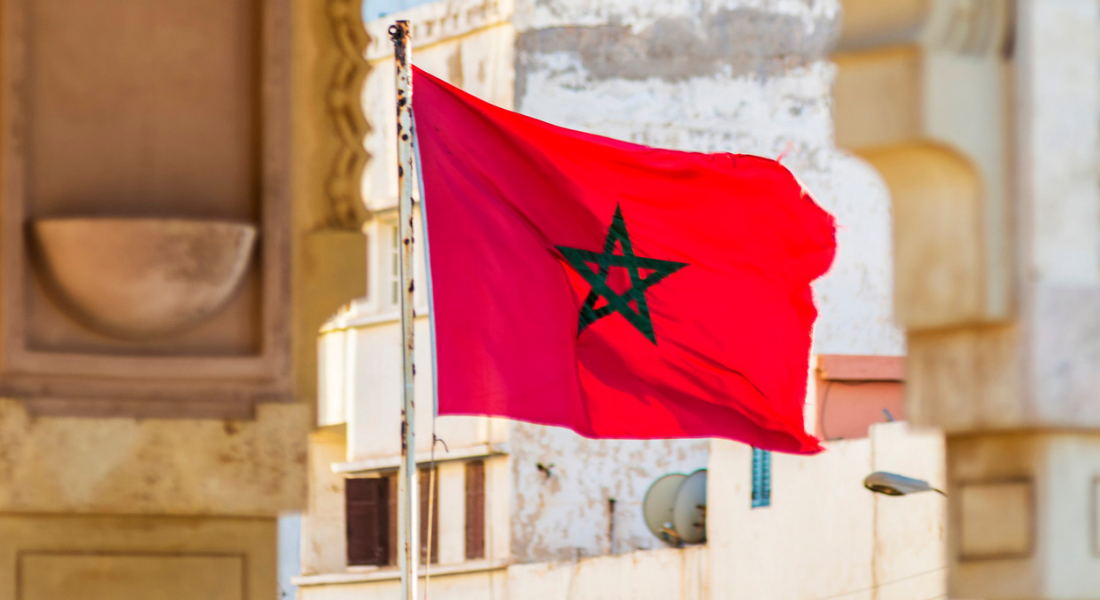E very business will have to manage its own PR crisis sooner or later – whether operating in the public or private sector, based in Europe or Africa. And when things go wrong, we also need to be conscious that social media and online publications can quickly add fuel to the fire.
Our Africa team, based in Morocco, can certainly point to several cases of crisis communication from last year – such as the Bouknadel train disaster – that demonstrate how organisations react in a variety of ways.
Here we highlight three examples from 2018, before providing you with some best practices for communicating during a time of crisis.
- RAM strikes: relying on the media to attack your opponent
Last summer was marked by several consecutive days of strikes from Royal Air Maroc (RAM) pilots and cabin crews. This caused disruption internationally, as a hundred flights were cancelled. Off the back of the strikes, there were several tit-for-tat exchanges in the press between RAM and its trade union – the union even called its own press conference to counteract corporate press releases being put out by RAM. After a few weeks of argument, both sides finally came to an agreement. But not before huge damage was inflicted on the company’s image, as there were dozens of news stories and negative comments on social media.
- Bouknadel train accident: minimising responsibility by criticising the press
In October, a tragic train derailment caused 7 deaths and injured 125 people. On social media, many Moroccans not only expressed their condolences but urged the government to spend money on better managing public transport, through infrastructure renovations and maintenance. The National Railways Office (ONCF) reaction was to go on the counter-attack, calling out the press for spreading alleged ‘fake news’ and even threatening some publications with legal action. This ended up doing more harm than good to their public image.
- ‘Boycott Danone, Sidi Ali and Afriquia’: highlighting good work to win back support
2018 will also be remembered for calls from Moroccan consumers to boycott major B2C brands, including Danone, Sidi Ali and Afriquia, in response to rising prices. The boycott was widely followed and led to significant losses for these big brands in the lead up to Ramadan, which is a crucial period for them from a sales point of view. Each company took a few days to respond, but then began promoting their commitment to sustainable development – focusing on how they tackle economic, ecological and societal issues.
3 key practices to follow to overcome a crisis
A crisis can happen at any time. Whatever it is, the first key to good management from a communications perspective is ANTICIPATION. Consider all eventualities, think about what you might need to communicate at such a time and identify who will talk to the press.
The second fundamental is TRANSPARENCY. Share information when queried and keep the public informed that you are working to resolve any problems. This may include putting regular messages out on social media platforms.
You also need to be REACTIVE. This has become essential in the digital age, where the number of news outlets and social networks has multiplied – as any small fire can end up growing to an unmanageable scale.
If you’re in a crisis situation and feeling flustered, it can also be useful to have a checklist to refer to. This can be one way of reassuring yourself that you’re taking the right steps to manage things appropriately.
Here’s the one we stand by here at Fourth Day:
- Be clear about the facts
- Prepare and distribute a statement and Q&A for employees
- Do the same for:
- Partners – if they are likely to receive questions
- Customers – if they are affected.
- Media – but send it out only in response to queries. Remember that they may not care as much as you do.
- Respond to social media queries individually unless the volume is too high, in which case post updates regularly.
- Fix the problem!
This article was adapted from the original, written by Cindy Mouchard and appearing on Moroccan website, Media Marketing. More Fourth Day tips on managing a crisis can be found in Xanthe’s blog here.
Share this:





